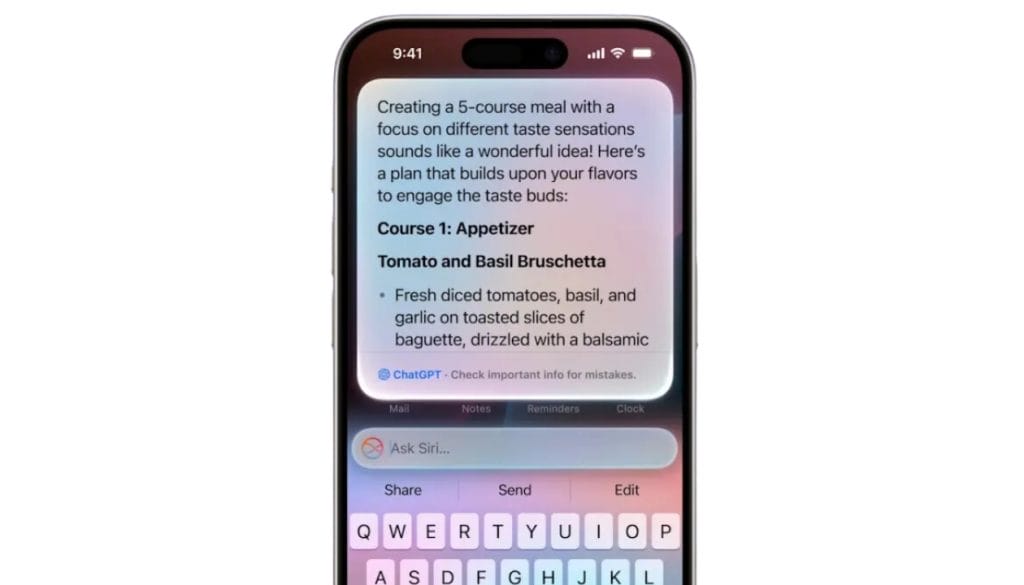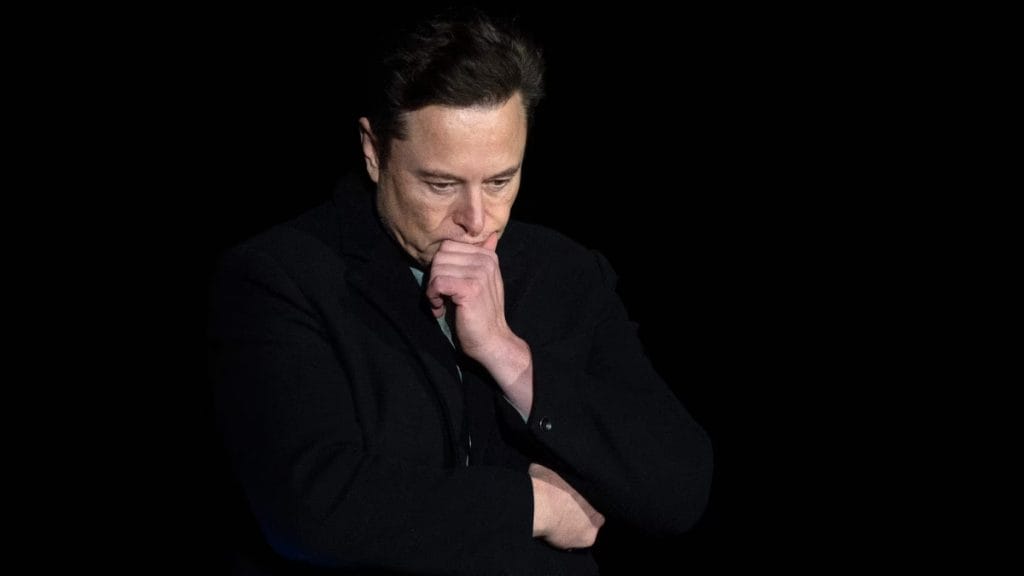New Delhi: Elon Musk has threatened to ban iPhones from all his companies if Apple moves forward with its new OpenAI integrations, announced at WWDC 2024. Musk, who leads Tesla, SpaceX, and xAI, posted on X (formerly Twitter) that if Apple integrates OpenAI into its operating system, all Apple devices would be banned from his businesses. Visitors would need to leave their Apple devices at the door, where they would be kept in a Faraday cage.
Musk’s comments seem to misunderstand or misrepresent Apple’s announcement. Apple and OpenAI have said that users must give permission before any questions, documents, or photos are sent to ChatGPT. However, Musk suggests that OpenAI’s integration with Apple’s operating system could collect data without user consent.

In iOS 18, users can ask Siri questions, and if ChatGPT can help, Siri will ask for permission to share the question. This lets users get answers from ChatGPT without opening the app. Documents and photos will also need user permission to be shared with ChatGPT.
Musk wants OpenAI’s capabilities to stay within a separate app rather than being integrated with Siri. He responded to a post by VC and CTO Sam Pullara, who said that the integration works much like the current ChatGPT app, with on-device AI models hosted by Apple. Musk replied, “Then leave it as an app. This is bullshit.”
Musk also engaged with YouTuber Marques Brownlee, criticizing Apple for claiming to protect user privacy while working with a third-party AI. Musk also responded to Apple CEO Tim Cook, threatening to ban Apple devices from his companies unless Cook stopped what Musk called “creepy spyware.” Musk argued that Apple doesn’t understand how OpenAI works and can’t ensure user privacy.
Apple introduced another feature that lets users access ChatGPT system-wide within Writing Tools via a “compose” feature. This means users can ask ChatGPT to write documents or create images without needing to create an account, likely increasing its use among Apple users.
Musk’s criticisms may play on public misunderstandings of privacy issues. If users could choose their preferred AI, like Anthropic’s Claude or Musk’s xAI Grok, Musk might not object as loudly. Apple hinted at future integrations with other AI models like Google Gemini in a post-keynote session.
OpenAI’s blog confirmed that requests are not stored, and users’ IP addresses are hidden. Users can choose to connect their ChatGPT account, applying their data preferences according to ChatGPT’s policies.





